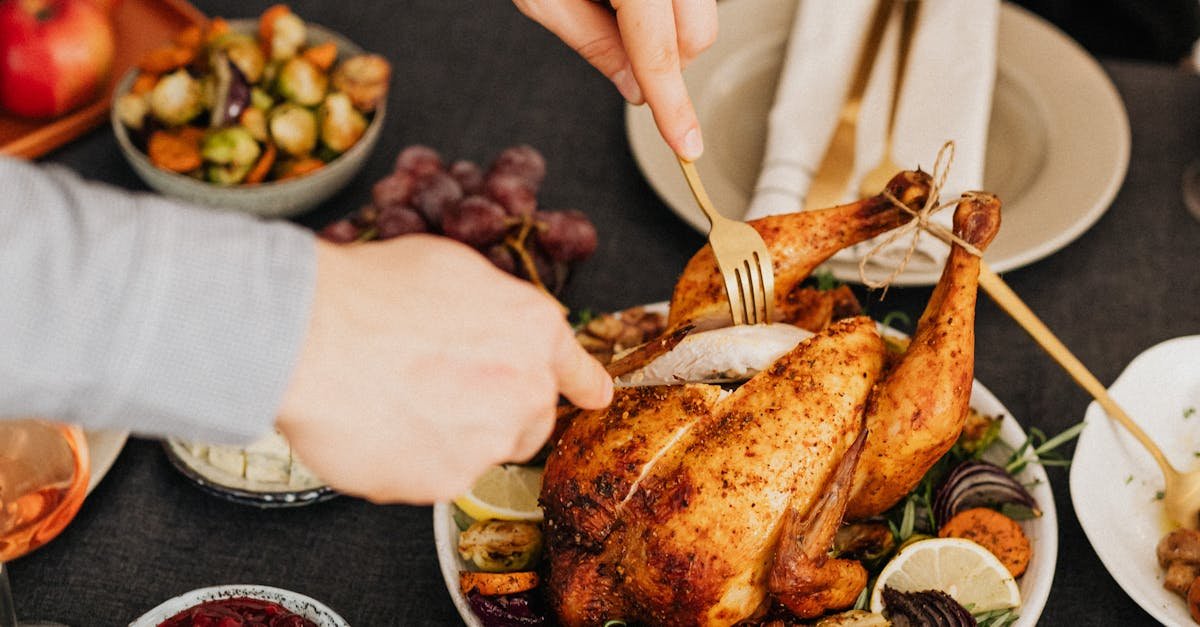Brussels sprouts have long been misunderstood, often dismissed as a bland vegetable. However, when prepared correctly, they can be a delightful addition to any meal. This article explores the captivating aspects of Brussels sprouts, highlighting why they deserve a place on your plate.
Flavor Profile
Brussels sprouts have a unique, nutty flavor that becomes more pronounced when roasted or sautéed. Their slightly bitter taste can be balanced with various seasonings and cooking methods, making them a versatile ingredient in numerous dishes.
Health Benefits
These little green gems are packed with nutrients. Rich in vitamins C and K, Brussels sprouts are also a great source of fiber, which aids in digestion. Their antioxidant properties help combat inflammation and may reduce the risk of chronic diseases.
Culinary Versatility
Brussels sprouts can be enjoyed in a multitude of ways. From roasting them with olive oil and garlic to incorporating them into salads, casseroles, or stir-fries, their adaptability makes them a favorite among home cooks and chefs alike.
Seasonal Availability
Brussels sprouts are typically in season from late fall to early spring. This seasonal availability means they are often fresher and more flavorful during these months, making it the perfect time to experiment with new recipes.
Cooking Techniques
There are numerous ways to prepare Brussels sprouts. Roasting, steaming, and sautéing are popular methods that enhance their flavor and texture. Each technique can yield a different result, allowing for creativity in the kitchen.
Pairing Suggestions
Brussels sprouts pair well with a variety of ingredients. They complement flavors such as bacon, balsamic vinegar, garlic, and citrus. This makes them an excellent side dish for meats and a tasty addition to vegetarian meals.
Popular Recipes
From savory roasted Brussels sprouts to creamy Brussels sprout gratin, there are countless recipes to try. Many chefs have created unique dishes that showcase the vegetable’s potential, turning it into a star ingredient rather than a mere side.
| Recipe | Ingredients | Cooking Time | Servings | Notes |
|---|---|---|---|---|
| Roasted Brussels Sprouts | Brussels sprouts, olive oil, salt, pepper | 25 minutes | 4 | Best served hot |
| Brussels Sprout Salad | Shredded Brussels sprouts, cranberries, almonds | 15 minutes | 4 | Great for lunch |
| Brussels Sprout Gratin | Brussels sprouts, cheese, cream | 40 minutes | 6 | Rich and indulgent |
| Sautéed Brussels Sprouts | Brussels sprouts, garlic, lemon | 20 minutes | 4 | Quick and easy |
Brussels sprouts are more than just a vegetable; they are a culinary delight waiting to be discovered. With their unique flavor, health benefits, and versatility in the kitchen, it’s time to embrace these little green wonders.
FAQs
How do I select fresh Brussels sprouts?
Look for Brussels sprouts that are firm, compact, and vibrant green in color. Avoid any that are yellowing or have blemishes.
Can Brussels sprouts be frozen?
Yes, Brussels sprouts can be frozen. It’s best to blanch them first to preserve their flavor and texture.
What are some common mistakes when cooking Brussels sprouts?
Common mistakes include overcooking them, which can lead to a mushy texture and strong odor. It’s best to cook them until they are tender but still slightly crisp.
Are Brussels sprouts safe to eat raw?
Yes, Brussels sprouts can be eaten raw, often used in salads. However, they may be easier to digest when cooked.

